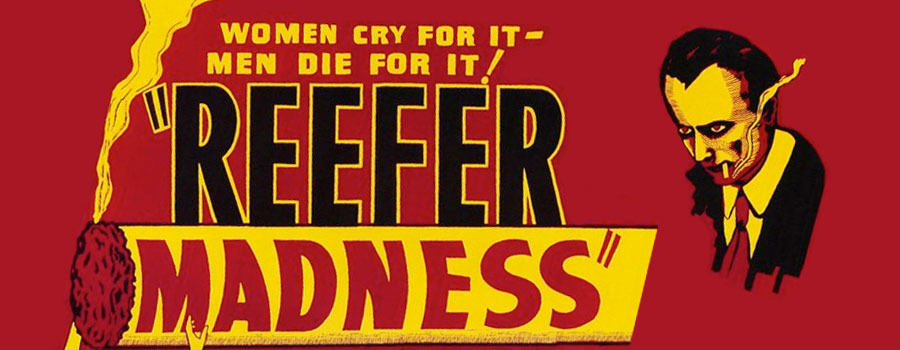What is this?
The Genius annotation is the work of the Genius Editorial project. Our editors and contributors collaborate to create the most interesting and informative explanation of any line of text. It’s also a work in progress, so leave a suggestion if this or any annotation is missing something.
To learn more about participating in the Genius Editorial project, check out the contributor guidelines.
Came back like a slow voice on a wave of phase
That weren't no DJ, that was hazy cosmic jive David Bowie – Starman
What is this?
The Genius annotation is the work of the Genius Editorial project. Our editors and contributors collaborate to create the most interesting and informative explanation of any line of text. It’s also a work in progress, so leave a suggestion if this or any annotation is missing something.
To learn more about participating in the Genius Editorial project, check out the contributor guidelines.
What is this?
The Genius annotation is the work of the Genius Editorial project. Our editors and contributors collaborate to create the most interesting and informative explanation of any line of text. It’s also a work in progress, so leave a suggestion if this or any annotation is missing something.
To learn more about participating in the Genius Editorial project, check out the contributor guidelines.
What is this?
The Genius annotation is the work of the Genius Editorial project. Our editors and contributors collaborate to create the most interesting and informative explanation of any line of text. It’s also a work in progress, so leave a suggestion if this or any annotation is missing something.
To learn more about participating in the Genius Editorial project, check out the contributor guidelines.
What is this?
The Genius annotation is the work of the Genius Editorial project. Our editors and contributors collaborate to create the most interesting and informative explanation of any line of text. It’s also a work in progress, so leave a suggestion if this or any annotation is missing something.
To learn more about participating in the Genius Editorial project, check out the contributor guidelines.
I don't even know the name
But if I did, well, really, what's it to ya? Leonard Cohen – Hallelujah
What is this?
The Genius annotation is the work of the Genius Editorial project. Our editors and contributors collaborate to create the most interesting and informative explanation of any line of text. It’s also a work in progress, so leave a suggestion if this or any annotation is missing something.
To learn more about participating in the Genius Editorial project, check out the contributor guidelines.
Love is not a victory march
It's a cold and it's a broken Hallelujah Leonard Cohen – Hallelujah
What is this?
The Genius annotation is the work of the Genius Editorial project. Our editors and contributors collaborate to create the most interesting and informative explanation of any line of text. It’s also a work in progress, so leave a suggestion if this or any annotation is missing something.
To learn more about participating in the Genius Editorial project, check out the contributor guidelines.
What is this?
The Genius annotation is the work of the Genius Editorial project. Our editors and contributors collaborate to create the most interesting and informative explanation of any line of text. It’s also a work in progress, so leave a suggestion if this or any annotation is missing something.
To learn more about participating in the Genius Editorial project, check out the contributor guidelines.
What is this?
The Genius annotation is the work of the Genius Editorial project. Our editors and contributors collaborate to create the most interesting and informative explanation of any line of text. It’s also a work in progress, so leave a suggestion if this or any annotation is missing something.
To learn more about participating in the Genius Editorial project, check out the contributor guidelines.






What is this?
The Genius annotation is the work of the Genius Editorial project. Our editors and contributors collaborate to create the most interesting and informative explanation of any line of text. It’s also a work in progress, so leave a suggestion if this or any annotation is missing something.
To learn more about participating in the Genius Editorial project, check out the contributor guidelines.
This line refers to Isaiah 14:12:
Lucifer translates from Latin as “The Morning Star”, or “The Light bringer” (literally the planet Venus) the Romans worshiped this morning star as a God.
ISAIAH 14:12 “How you have fallen from heaven, morning star, son of the dawn! You have been cast down to the earth, you who once laid low the nations!”
In most Christian churches, Lucifer is synonymous with Satan or The Devil as all the same being.
This line could also be interpreted as Sun of the morning since “the sun” is a star that earth orbits around.
84,018
I’ve always thought he sang “son of the mourning”, but “morning” with the Bible quotation makes sense
220
Here the singer is speaking to the devil within himself, rather than some external anthropomorphization